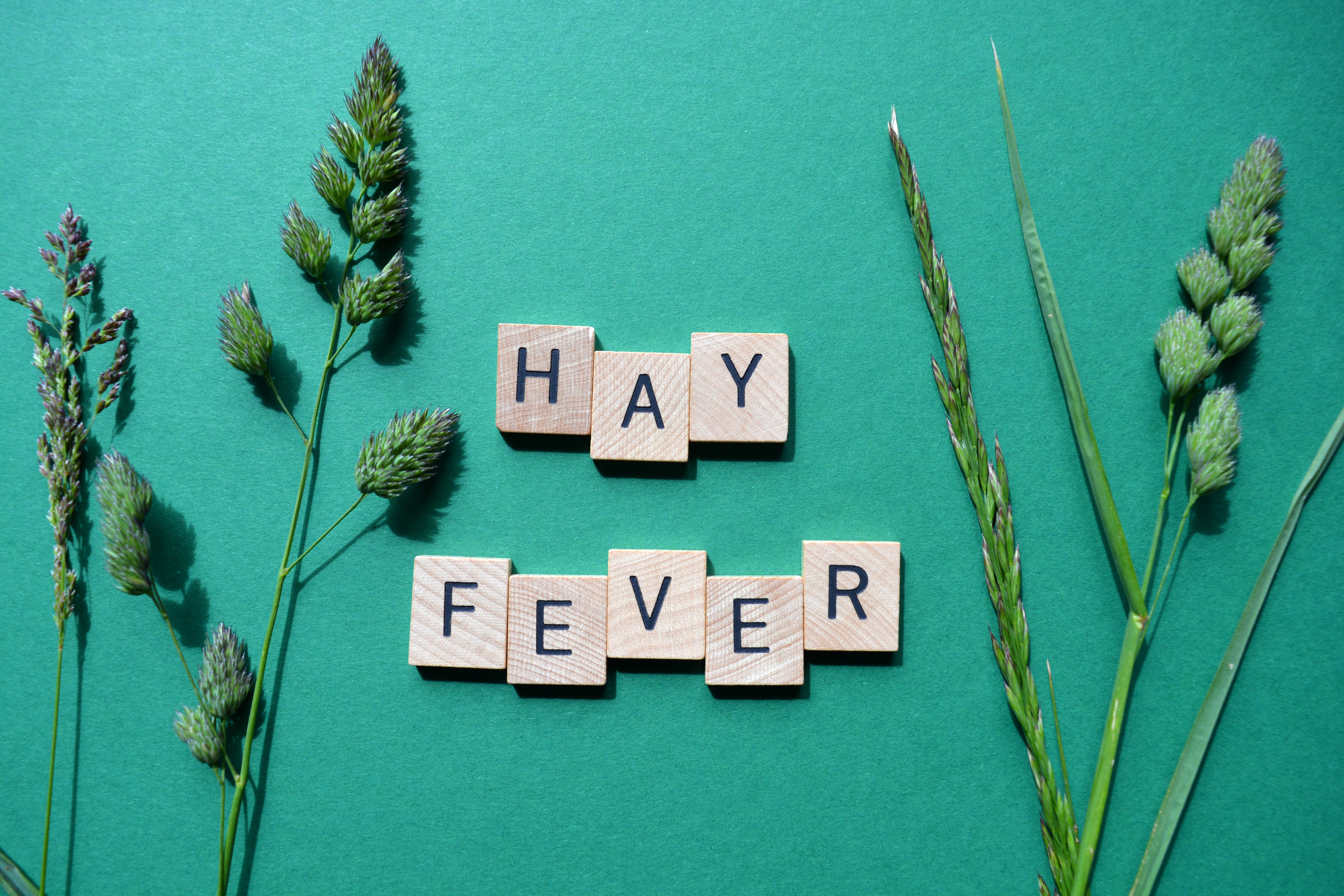Hay Fever is Common
At this time of year, it can be tricky to tell the difference between a common cold and hay fever. Both are common. Hay fever (or allergic rhinitis), is an allergic reaction in the nose, throat and eyes. It commonly occurs in spring and summer by airborne pollen from trees, plants and grasses.
Many children have hay fever too, with around 12% of 6-7 year olds and over 19% of 13-14 year olds affected.
Apart from cold-like symptoms, hay fever may make you feel tired and run down due to disturbed sleep and can cause adult productivity to be reduced and the performance of school children to be impaired.
What Causes Hay Fever?
Hay fever is usually caused by inhaling pollen that is present in the air during certain times of the year. However, some people have symptoms all year round, caused by inhaling allergens such as animal dander, mould spores and house dust mites. A doctor can arrange ‘allergy skin tests’ to help find the cause of the reaction.
1 in 5 Australians suffer from hay fever making it one of our more common allergic conditions.
Symptoms of Hay Fever
Some of the symptoms of hay fever include:
- Sneezing
- A runny or stuffy nose
- Itchy ears, nose and throat
- Red, itchy or watery eyes
- Headaches
Self Care
Try to identify and avoid exposure to the allergens that trigger your symptoms. Some ways to reduce exposure to allergens are:
- Stay indoors when pollen count is high e.g. on windy days
- Avoid cigarette smoke and make your house smoke free
- Clean your house regularly to remove mould and dust
- Remove dust with a clean, damp cloth; vacuum instead of sweeping
- Keep animals outdoors

Apart from cold-like symptoms, hay fever may make you feel tired and run down.
How can your Pharmacist help?
Depending on your personal circumstances, the pharmacist at your local Star Discount Chemist can help, here are a few tips and suggestions they may recommend.
A variety of non-prescription medicines can help relieve and prevent the symptoms of hay fever. Ask the pharmacist about the best treatment for you.
Antihistamines
- Reduce allergy reactions in the body. Antihistamines can relieve itching, sneezing, running nose and eye symptoms
- Are available as tablets, syrups, nasal drops and sprays and eye drops
- Drowsiness is a side effect of some oral antihistamines. Non-drowsy antihistamines are also available
Decongestants
- Reduce nose and sinus congestion
- Are available as tablets, syrups, nasal drops and sprays
- Do not use decongestant nose drops or sprays for more than 5 days in a row
Corticosteroid nose sprays
- Corticosteroid nose sprays can reduce or prevent this inflammation
- Can give some relief within a few hours, but several days of regular use may be needed to achieve the maximum effect
Remember, before adopting any of the information outlined above, it is important to consult a medical professional for advice. Your pharmacist at your local Star Discount Chemist can assist with the options that best suit your current situation, health conditions and existing medications. We’re here to help and remember we’re just around the corner.
*CAUTION: Not all supplements, natural remedies and medications work well together. Pregnant mothers, breast feeding mothers and infants should exercise caution before taking or changing medication. Always read the label and use only as directed. Always check with your pharmacist that vitamins and supplements don’t interact with any other medicines you are taking. Never take more than the recommended dose of vitamins per day. If symptoms persist see your health care professional.



